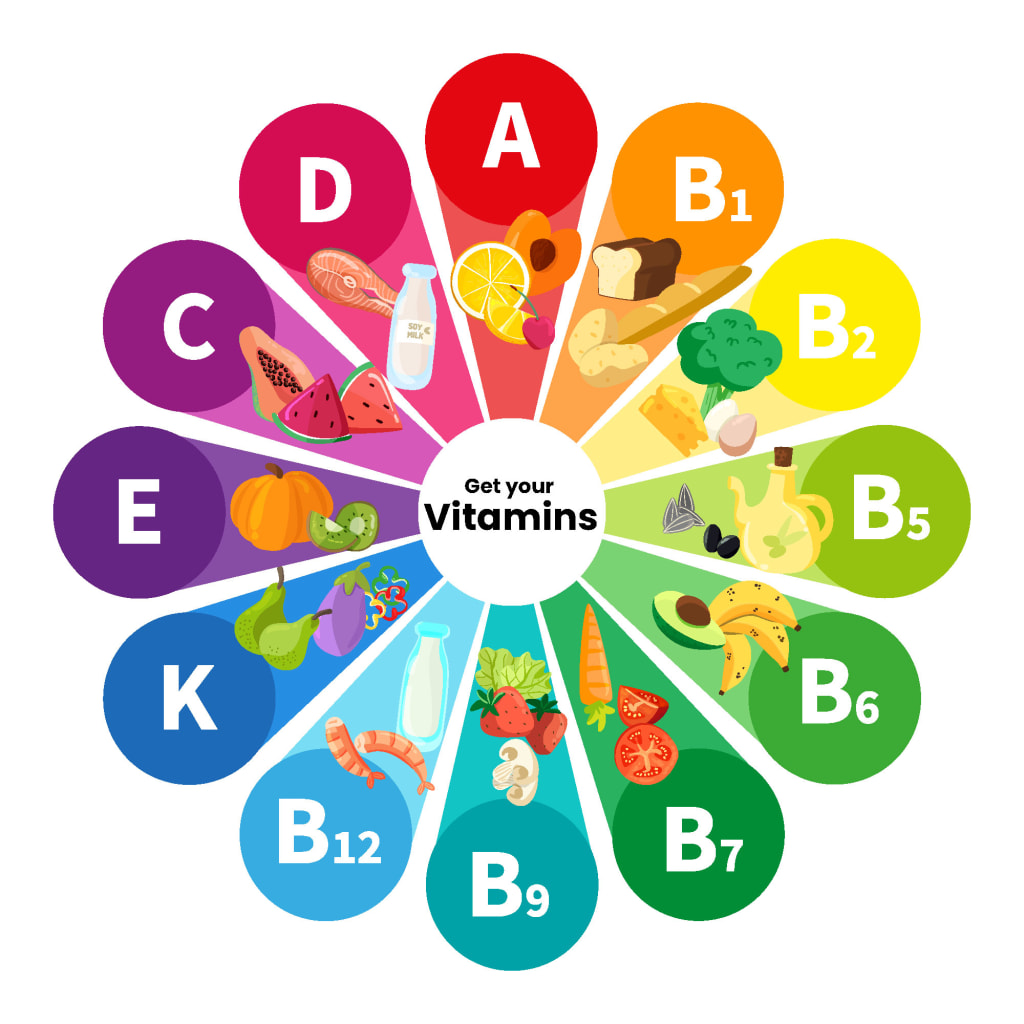To eat is a necessity, but to eat intelligently is an art
nutrition

Nutrition is the study of how food affects the body and plays a critical role in maintaining overall health and well-being. A well-balanced diet that provides all the necessary nutrients is essential for optimal physical and mental performance, disease prevention, and maintaining a healthy weight.
Macronutrients, such as carbohydrates, proteins, and fats, provide the body with energy and are essential for growth, repair, and maintenance of tissues. Carbohydrates are the primary source of energy for the body, while proteins are important for building and repairing muscles, organs, and tissues. Fats provide energy, support cell growth, and help absorb certain vitamins and minerals.
Micronutrients, such as vitamins and minerals, are also essential for maintaining good health. These nutrients are required in small amounts but play important roles in many bodily functions, including immune function, bone health, and energy production.
A well-balanced diet should include a variety of nutrient-dense foods, such as fruits, vegetables, whole grains, lean proteins, and healthy fats. A diet rich in fruits and vegetables provides important vitamins, minerals, and antioxidants that help prevent chronic diseases, such as heart disease, stroke, and cancer. Whole grains provide fiber, which aids in digestion and can help lower the risk of certain types of cancer and heart disease. Lean proteins, such as chicken, fish, and beans, are important for building and repairing tissues, while healthy fats, such as those found in nuts and avocados, can help reduce inflammation and improve brain function.
It's important to note that not all foods are created equal. Processed foods, such as sugary snacks and fast food, are often high in calories, unhealthy fats, and added sugars, and provide little nutritional value. These types of foods can contribute to obesity, diabetes, and other chronic diseases when consumed in excess.
In addition to choosing healthy foods, portion control is also important for maintaining a healthy weight. Overeating can lead to weight gain and increase the risk of chronic diseases. A good rule of thumb is to fill half of your plate with fruits and vegetables, a quarter with lean protein, and a quarter with whole grains.
Water is also an essential nutrient and is required for many bodily functions, including digestion, temperature regulation, and transportation of nutrients throughout the body. Drinking enough water is important for maintaining proper hydration, which can improve cognitive function and physical performance.
In addition to the physical benefits of good nutrition, a healthy diet can also have a positive impact on mental health. Studies have shown that a diet rich in fruits, vegetables, and omega-3 fatty acids can improve mood and reduce symptoms of depression and anxiety.
While a well-balanced diet is important for good health, it's also important to enjoy food and not to be too restrictive. Occasional treats and indulgences can be part of a healthy diet, as long as they are consumed in moderation.
Overall, good nutrition is essential for maintaining optimal health and well-being. A diet rich in nutrient-dense foods, portion control, and adequate hydration can provide the body with the fuel it needs to perform at its best, while reducing the risk of chronic diseases and improving mental health. By making healthy choices and enjoying food in moderation, we can achieve a balanced and fulfilling diet.
Nutrition is the study of how food affects the body and plays a critical role in maintaining overall health and well-being. A well-balanced diet that provides all the necessary nutrients is essential for optimal physical and mental performance, disease prevention, and maintaining a healthy weight. Macronutrients such as carbohydrates, proteins, and fats provide energy and are essential for growth, repair, and maintenance of tissues, while micronutrients such as vitamins and minerals are required in small amounts but play important roles in many bodily functions. A healthy diet should include a variety of nutrient-dense foods such as fruits, vegetables, whole grains, lean proteins, and healthy fats. Processed foods, sugary snacks, and fast food should be consumed in moderation as they can contribute to obesity, diabetes, and other chronic diseases. Proper hydration through water intake is important for maintaining bodily functions, and a healthy diet can also improve mental health by reducing symptoms of depression and anxiety. Overall, good nutrition is essential for maintaining optimal health and well-being, and a balanced and fulfilling diet can be achieved by making healthy choices and enjoying food in moderation.





Comments
There are no comments for this story
Be the first to respond and start the conversation.